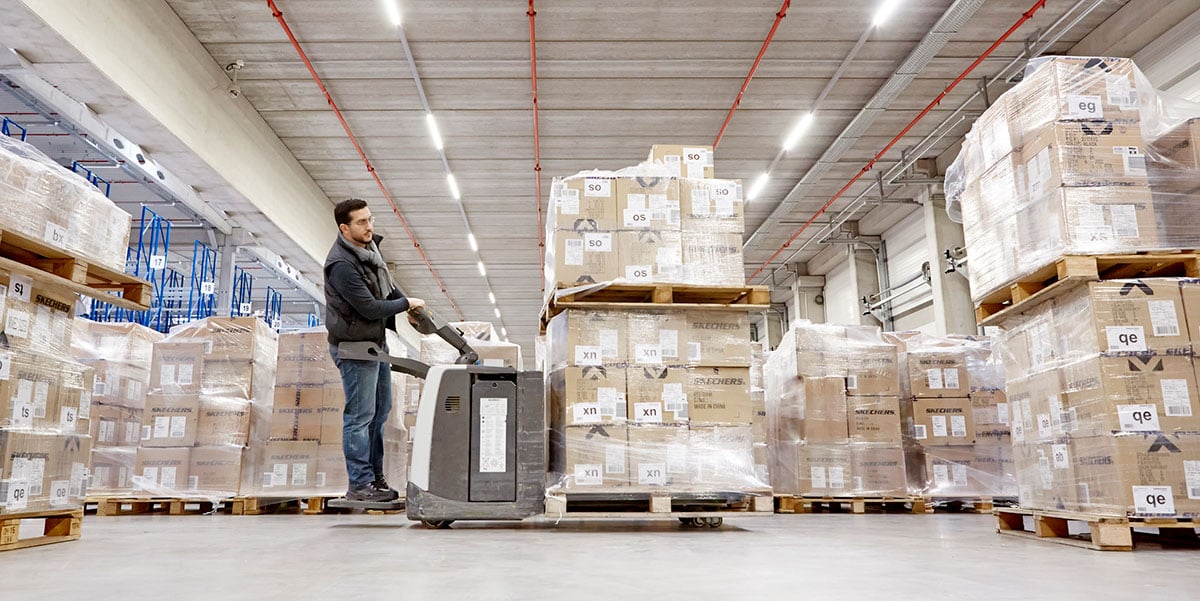
Christmas has finally arrived, and the busiest time of the year for many businesses has come to an end.
Peak times can vary dramatically depending on the nature of a company's work and the industry it operates in, but for most business-to-consumer companies, the pre-Christmas period is hard work. Customers are rushing to buy presents for loved ones, and with the recent advent of Black Friday, the pressure is even higher.
But at times when demand for goods may be twice as high as during other times of year, how does an operation keep up? If the materials handling operation is well-optimised, there shouldn't be any 'spare' trucks or manpower that can be brought into action. So how can sudden spikes in demand be met?
For many businesses, the answer is short term forklift hire. Under these agreements, new machines can quickly be organised and delivered to the customer in order to help them deal with higher workload. Hire periods can last a few days or a few months, but many suppliers allow you to return the trucks as soon as they are no longer needed - ensuring that you avoid unnecessary costs.
To see how this works to benefit a business in real life, click the button below to get access to a case study about our customer Skechers. For this well-known shoe manufacturer, January to March and June to August are peak periods, as this is when new collections are released. During these periods, it can be a struggle to keep up with demand from customers - fortunately, short-term hire trucks are available at short notice to keep the operation moving and ensure customers remain satisfied.
Click the button below to get access to the full PDF case study. Just fill out the short form on the next page and it's yours to keep and share with colleagues.







































Comment